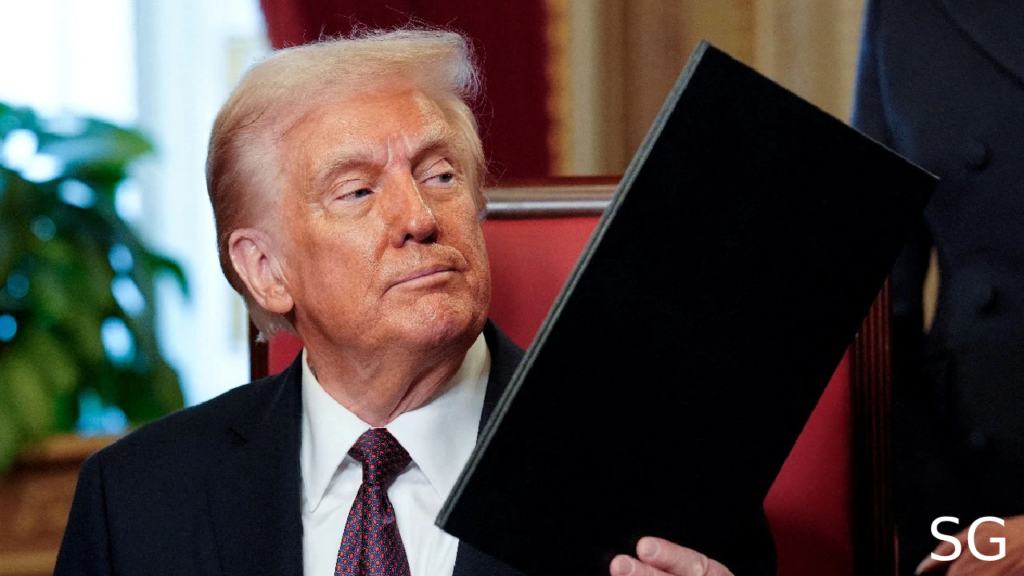Table of Contents

Trump declared a national energy emergency
The energy policy changes proposed by Donald Trump at the start of his new administration. Here are the key points:
Policy Highlights
- National Energy Emergency:
- Trump declared a national energy emergency to expedite permitting processes and reduce environmental regulations.
- This is aimed at boosting oil, gas, and power production to meet growing domestic and international demand.
- Withdrawal from the Paris Climate Accord:
- Trump reversed the U.S. commitment to the 2015 Paris climate agreement, which aimed to reduce global carbon emissions.
- Fossil Fuel Promotion:
- Plans to develop oil and gas resources in Alaska, reverse bans on Arctic and coastal drilling, and lift restrictions on LNG export permits.
- Revoked Biden’s targets for electric vehicle (EV) adoption and suspended offshore wind energy leases.
- Power Industry Overhaul:
- Proposed easing environmental restrictions on power plants and streamlining approvals for energy infrastructure like pipelines and transmission lines.
- Aimed at addressing surging power demand, particularly driven by data centers and AI technologies.
- Strategic Petroleum Reserve (SPR) Replenishment:
- Trump pledged to refill the depleted SPR to stabilize U.S. energy security and potentially increase crude oil demand.
Impacts and Challenges
- Environmental Backlash: Environmental groups plan to challenge these measures in court, citing risks to ecosystems, public health, and climate change efforts.
- Economic Effects: While Trump argues these policies will reduce energy prices and create jobs, critics warn of potential long-term economic and environmental costs.
- National and Global Energy Market: Expanding U.S. oil and gas production could affect global energy prices and U.S. relations with allies.
- Legal Vulnerabilities: Declaring a national energy emergency in peacetime is unprecedented and could face significant legal challenges.
Contrast with Biden’s Policies
- Biden’s administration focused on transitioning away from fossil fuels by promoting EVs, renewable energy, and stricter emissions standards.
- Tax incentives and subsidies for clean energy projects under Biden had driven significant investments in the renewable sector.
This shift in direction marks a significant pivot in U.S. energy policy, with potential implications for energy markets, climate goals, and economic development. The effectiveness and legality of these policies will likely be tested in courts and by their real-world impacts.
“Trump declared a national energy emergency”